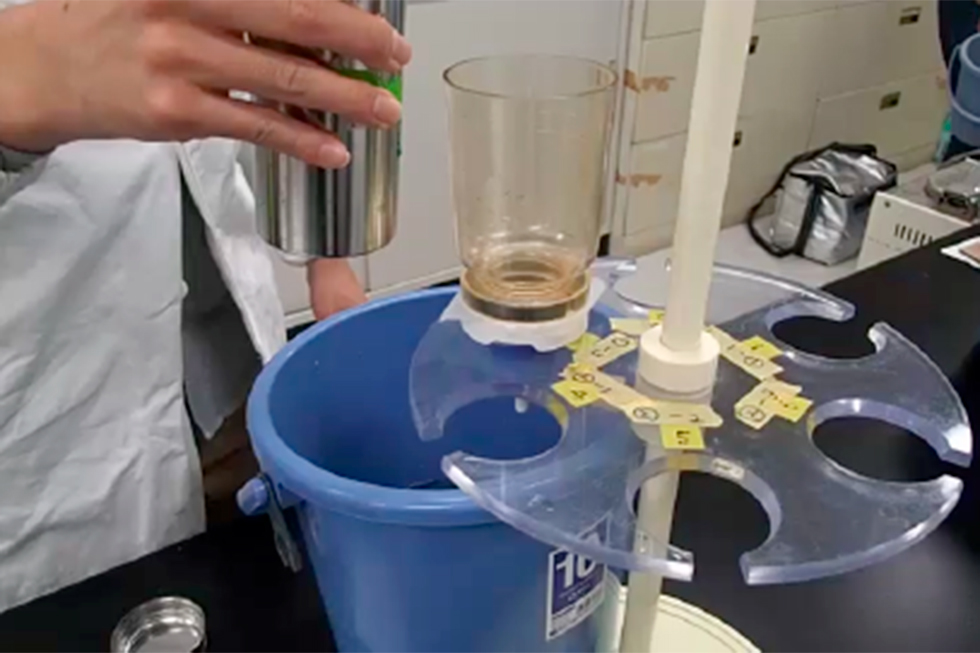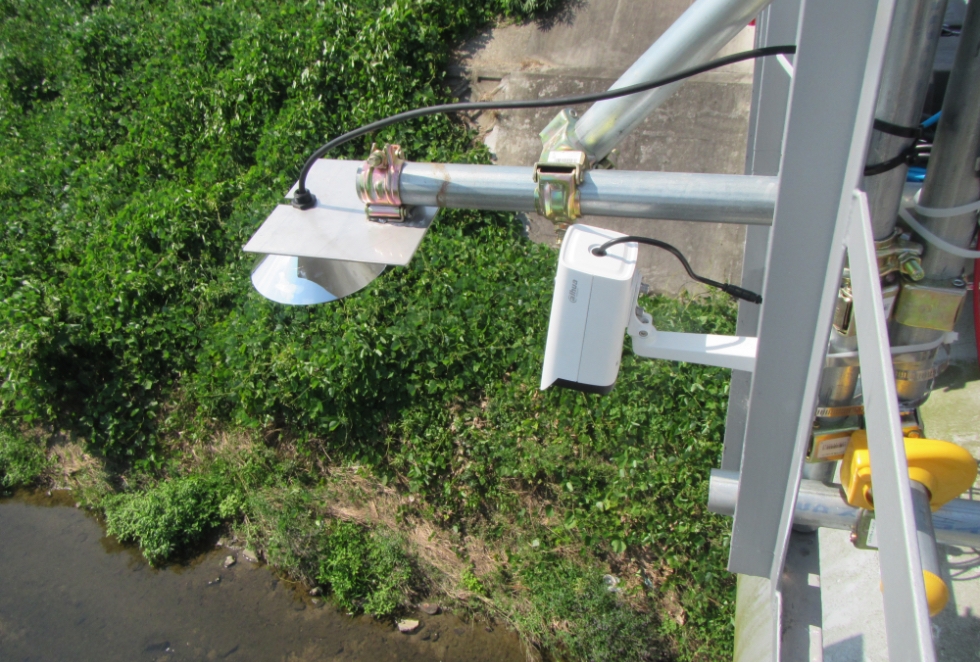Straws, swizzle sticks, eating utensils, plastic bags, toothbrushes, styrene foam… We are surrounded by plastic products in our daily lives.
As lighter and stronger plastics grow in convenience, we manufacture more and more of them; however, at the same time, this adds to the problem of the increasingly large amounts of plastic waste we produce.
Some of this plastic waste finds its way into our oceans as “microplastics,” which are minuscule bits of plastics that drift around the ocean without ever dissolving. This microplastic is consumed by the organisms that live in the ocean, and it seriously impacts the lives of people who live and work along the coasts.
Addressing this problem requires understanding how plastic waste generated in land flows into rivers into the oceans.
Researchers at the Tokyo University of Science have developed monitoring technology which can monitor plastic waste in rivers. Fixed digital video cameras record the surface of the rivers, and this video is analyzed in order to determine the volume of “macroplastics,” i.e., the large-sized plastic waste that will end up becoming microplastics.
This technology is efficient and more precise than other methods, such as dragging rivers with fine mesh nets to obtain waste samples, and it is expected to find more widespread application in the future.

Although the problem of ocean microplastics has been getting increasing attention in the world, not enough research has been carried out on the rivers in which plastic waste flows into the oceans.
Hopefully, by using this monitoring technology to identify which rivers have larger amounts of macroplastics and what types of macroplastics there are, action can be taken to address the problem at the source from which the waste is coming.

It is predicted that, by 2050, there will be more plastic waste than fish in the ocean, and the researchers at the Tokyo University of Science believe what is needed is greater environmental awareness, both as a society and as individuals. Using the observational data obtained from this monitoring technology as clues, the researchers at the Tokyo University of Science will continue their careful study of the relationship between the oceans and plastic waste.
■ Main research content